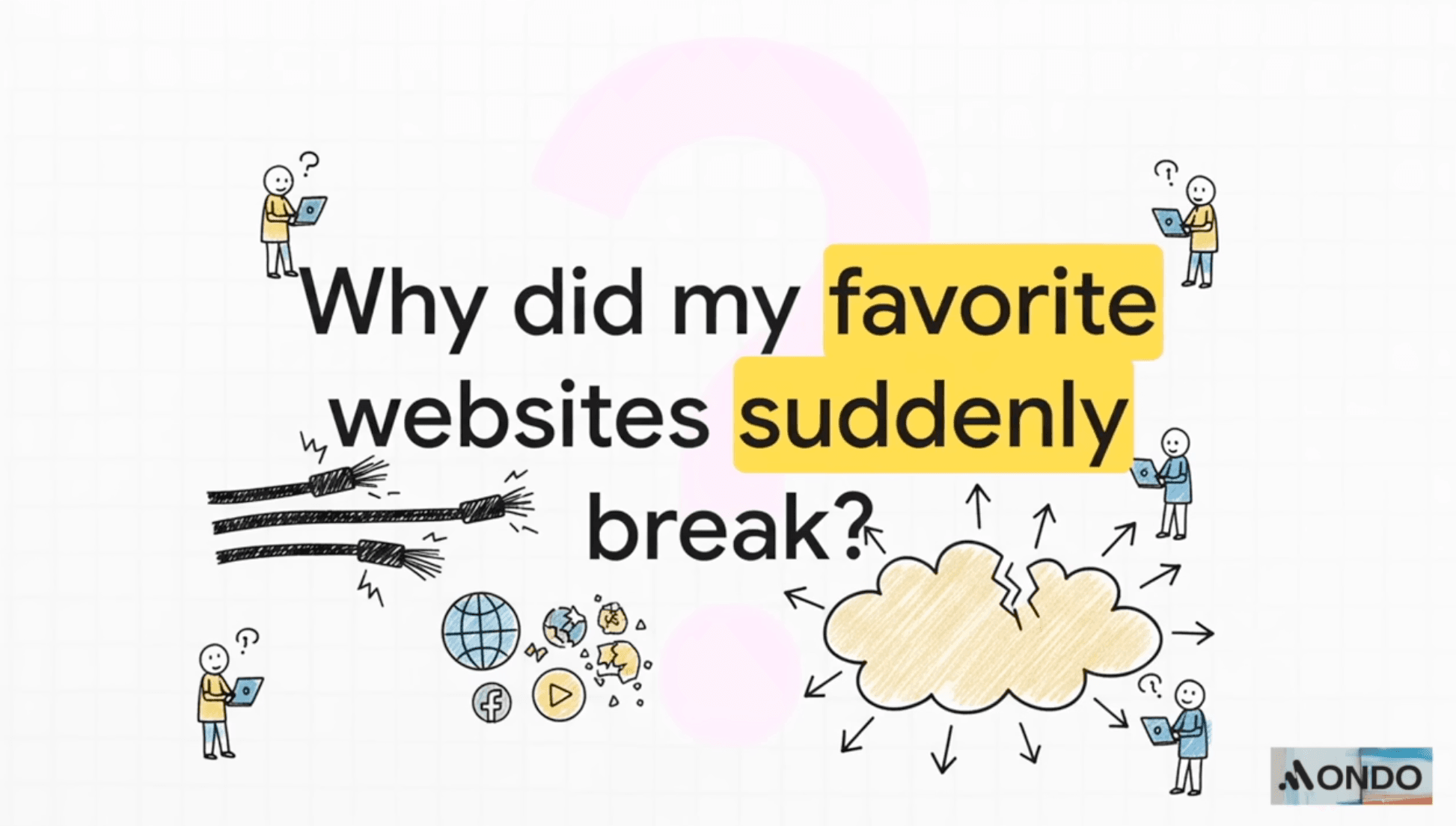How To Sustain Team Motivation In The Final Quarter?

As we head into the last quarter of 2021, changing seasons, a year of uncertainty and COVID-19 fatigue, and you may be finding it harder to stay focused and be productive. The weather impacts how we feel, think and act, and there's plenty of evidence of the effects COVID has on motivation levels. Keeping motivated at work doesn't happen by accident. It involves deliberate, focused and frequent steps so you and your team stay engaged.
So as the final quarter of the year approaches, how do you make the most of it?
Understand what motivates
We have this curious notion that motivation somehow appears. It doesn't. It comes from starting. So don't sit around waiting for inspiration to strike – because it won't. It helps to time block your day and set yourself a series of goals throughout the day. For example, if you don't want to do something, set yourself the aim of working on the task for 15 minutes, and after that, you reward yourself with a cup of coffee (or something else you like). You'll find that once you start, you are likely to keep going until the task is finished. Talk to your team and find out what motivates them. It helps to understand the individual differences across the group.
Make progress visible
Research shows making progress is a huge factor in keeping people motivated. In this 2010 study, Amabile and Kramer asked leaders and employees what they thought motivated employees. There were five options:
● Recognition for good work
● Incentive and rewards
● Sense of progress
● Clear goals and targets
● Inter-personal connections.
The managers thought the answer was recognition for good work. But for the employees, it was progress. The researchers found that when workers thought they were making headway in their jobs or received support that helped them overcome obstacles, their emotions were the most positive and their drive to succeed was at its peak.
In contrast, on the days when they encountered roadblocks and setbacks, their motivation was at its lowest.
Employees want to see that they are making headway and that their contribution is making a difference. It's a three-step process: set goals, track progress and celebrate progress.
As the leader, work with your team to establish clearly defined goals. Next, articulate the milestones you will use to track the progress towards achieving those goals. Lastly, take time out to celebrate your achievements.
Read more:
Set daily intentions
At the start of each day, talk to your team about what they want to achieve. It helps to have clear intentions that focus the day. Encourage them to write down their commitment and share it with the team.
The act of physically writing a goal, rather than just verbalising it, makes the goal harder to ignore. When intentions are spoken and committed to publicly, it provides additional impetus to complete the task.
Over the last 18 months, a senior leadership team instituted this practice as one way of building connection during the pandemic's forced work from home period. They found this practice helped keep them individually and collectively focused.
Clean up your workspace
We intuitively know that the space we are in affects our mood, yet our work environment is often dull and drab, cluttered or too noisy. It's not conducive to people being at your best. The classic art of feng shui is built on the principle of paying attention to the space we are in. Set aside time to clean up your workspace using the classic Kaizen 5S process. For the uninitiated, this is a 5-step process that helps create a clean and well-organised workplace.
1. Sort - scan the workplace and get rid of all the material, equipment and other items that are unused and lying around. For example, there may be unused IT equipment that could be donated to charity or old office furniture which is no longer fit for purpose
2. Straighten - taking all the remaining items, consider how frequently you use the item and who uses it. Categorise and organise where things are stored and placed, so they are easily accessible based on the frequency of use. As a team, agree on your categorisation system. For example, you may use items daily, weekly, monthly or annually, and individually or communally. Based on usage, determine whether it's on display or in storage.
3. Shine - clean your work area and set a maintenance routine so it all remains in good order. We feel better when we are working in a space that is tidy and free of clutter.
4. Standardise - now that you have put all this effort into getting your workspace tidy, you want to ensure it stays that way. So as a team, agree on the practices to ensure the work environment remains vibrant. This may include standards and habits around clearing your workspace at the end of each working day.
5. Sustain - don't let your improvements slide. Humans are creatures of habit, so it can be easy to fall back into old behaviour patterns. With your team, identify and agree on the benefits you will have from working in a space you enjoy. When something matters to you and the rewards of your new habits are visible, it is far easier to sustain the change.
You can use this approach for your home office or home workspace too. When everything is in its place, it creates a sense of order and calm, which is an environment that is more conducive to reflective and deliberate decision making.
Supplementary reading: 10 Tips to Help You Stay Motivated
However, this approach can also leave a work environment feeling sterile, cold and unwelcoming, and so there are additional steps to take to elevate your workspace.
Elevate your workspace
Consider how you can make your space more aesthetically pleasing so your mood lifts when you walk into the room. For example, have plants which help to bring nature indoors.
Use brightly coloured pens and folders. Colour affects brain waves, our autonomic nervous system, hormonal activity, our emotions. The eye sees something, and then millions of nerve endings in our eye's retina sends signals to the relevant part of the brain.
If you are working from home, burn incense or use an oil diffuser; scent has a powerful impact. Research suggests smelling something evokes emotion and memory.
As much as possible, use natural light and make sure you go outside the office to get natural air and sunshine during the working day.
Lastly, find the noise level that works for you. Some people like background noise; other people need silence.
Think long term, not short term
While each day matters, if you have the occasional down day or go-slow day, it won't have a massive impact in the context of your whole life. At the moment, more than ever, it's critical to manage your energy and give yourself time and space. If you need a break, take it. If you need space to reflect, find it.
In doing this, always keep your eye on your goals and what you want to achieve. But never forget that you need to ensure your health and well-being come along for the ride to make sustained progress.
As Author Maya Angelou once said, "Nothing will work unless you do".
Psst: Before you go, watch Scott Friedman, a motivational humorist speaker, in this video brought to you by Leaderonomics Media.
If you want to read more on the topic above, there is a good compilation of articles in this amazing learning app called Necole. Necole is a state of the art learning platform that curates personalised learning just for you. To find out more about Necole, click here or email info@leaderonomics.com
Michelle Gibbings is a workplace expert and the award-winning author of three books. Her latest book is 'Bad Boss: What to do if you work for one, manage one or are one'. www.michellegibbings.com.





